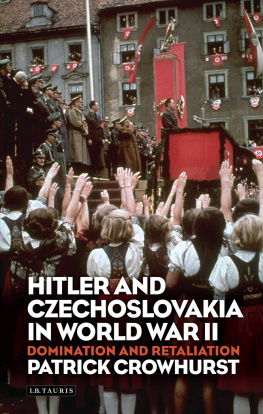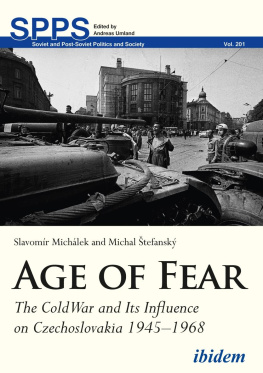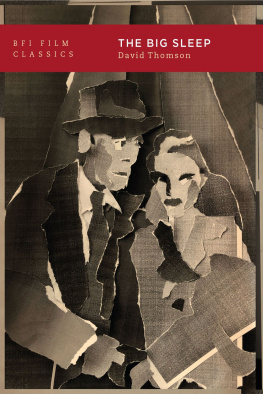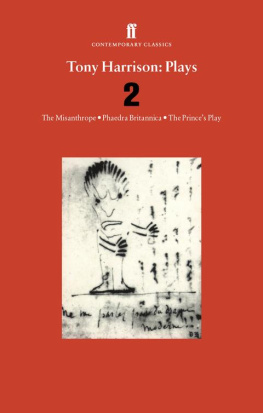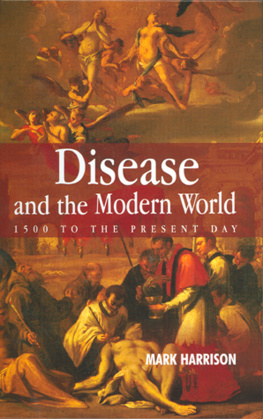Routledge Revivals
Czechoslovakia in European History
First published in 1943 by Frank Cass and Company, Ltd.
This edition first published in 2018 by Routledge
2 Park Square, Milton Park, Abingdon, Oxon, OX14 4RN
and by Routledge
52 Vanderbilt Avenue, New York, NY 10017, USA
Routledge is an imprint of the Taylor & Francis Group, an informa business
1943, 1953 by Princeton University Press
All rights reserved. No part of this book may be reprinted or reproduced or utilised in any form or by any electronic, mechanical, or other means, now known or hereafter invented, including photocopying and recording, or in any information storage or retrieval system, without permission in writing from the publishers.
Publishers Note
The publisher has gone to great lengths to ensure the quality of this reprint but points out that some imperfections in the original copies may be apparent.
Disclaimer
The publisher has made every effort to trace copyright holders and welcomes correspondence from those they have been unable to contact.
A Library of Congress record exists under ISBN:
ISBN 13: 978-0-367-02297-6 (hbk)
ISBN 13: 978-0-429-40039-1 (ebk)
CZECHOSLOVAKIA
IN EUROPEAN HISTORY
C OPYRIGHT , 1943, 1953, BY P RINCETON U NIVERSITY P RESS
R EPRINTED 1965 WITH P ERMISSION
FROM THE SECOND ENLARGED EDITION
P RINTED IN THE U NITED S TATES OF A MERICA

Note to the Second Edition

T HE favorable reception accorded this work upon its first appearance in 1943 has encouraged the author to bring out a second edition. He is deeply indebted to the reviewers for catching a number of slips and for suggesting how the story of the peoples of Czechoslovakia might be more impressively presented. In the present edition a whole chapter (Five) on the Czech Reformation has been inserted. The composition of this chapter has been a pleasure, as it concerns a subject to which the author has given much attention since his first studies in Prague in the early twenties. The chapter on Munich (now Sixteen) has been rewritten, profiting immeasurably from the publication of the Nrnberg Trial Documents and the captured Documents of the German Foreign Office. It is, however, with some satisfaction that the author reports that correction in detail was minimal. What did call for reassessment was the cynicism of Hitler and his aides, whose plan to crush Czechoslovakia regardless of negotiations with the western powers turned the drama of Munich into a farce comedy. Our present precise knowledge of the pre-Munich decisions compels a new evaluation of Munich. It is no longer of any import in judging Germany; it simply marks the point at which France and England failed to act as responsible European powers. History is replete with the records of the costliness of such failures.
Chapter Seventeen, Occupation, Liberation and the Coup, 1939-1948, is completely new. The author confesses to some qualms about discussing so recent a period. Documentation here inevitably has the savor of partisanship. The author spent no little time in the country in 1945, 1946, and 1948, and had the benefit, dubious in some cases of course, of knowing and having conversations with hun dreds of people of every walk of life and political persuasion.
There are two clear lessons to be learned from the story of this people. Internally they have an insatiable genius for liberty and truth. Externally they themselves are a European-wide problem. If they are not free, there is no peace or assurance of freedom in Europe. Peace as a generality is certainly inseparable from freedom; in particular, if there is no freedom at the heart of Europe, there is no peace in the rest of the world. When these two lessons are learned by the great powers, we can begin to live.
S. HARRISON THOMSON
Boulder, Colorado
January 1953

Foreword

T HE aim of the present work is very modest: to trace the development of several of the more acute problems of Czechoslovak life and history. It is not intended to be a history in the orthodox sense of that term. Though the general treatment follows a chronological order, the subject matter occasions some overlapping between the separate chapters. In view of the complex nature of the story the repetition of a few historical facts may be expected. For example, the Golden Age under the Emperor Charles IV, the Hussite movement, the Hapsburg conquest of Bohemia in the seventeenth century, the work and thought of Pa- lacky and Masaryk, will all be referred to in more than one connection. It is hoped that the repetition will not seem out of proportion to the general scheme.
The reader should be warned that the term Czechoslovakia has no political significance in this book. It is used generally to designate the geographical entity lately known by that name. At other times the term Bohemia may be used when Slovakia is not included. The Kingdom of Bohemia, for several centuries in the middle period of its history, included as organic parts of the whole, Moravia, Silesia, a part of Lusatia and a larger Egerland than is so denominated at the present time. The continuous fluidity of such designations should always be kept in mind. The maps are designed to make the changes in political boundaries more understandable. The term Bohemian is geographical and in no wise an ethnic term. The Slavs of Bohemia are referred to as Czechs. The Moravian Slavs may usually be understood as included in the term Czech unless explicitly or implicitly excluded. The term Sudeten German, used to designate the Germans resident in Bohemia and Moravia (Sudetenlands, etc.), did not come into general use until the first decade of the twentieth century, and then includes those of both German and Austrian blood. It is used here somewhat anachronistically for the earlier periods as well. It is convenient and sufficiently accurate.
In another matter the reader should be warned: the term race is deliberately used in this work in connections which would not be sanctioned by the ethnographer. For purposes of this study it is convenient to speak of a Slavic race and a Germanic race, and to recognize a racial difference between the Magyars and their Slavic and Germanic neighbors.
Chapters Six and Seven have undergone some recasting since they appeared as separate articles in the October 1941 and July 1942 issues of the Journal of Central European Affairs.
The author should like here to give tardy expression of gratitude to professors in the Czech and German universities of Prague who bore with patience the importunate questionings of a complete foreigner in the years 1924-1927. In particular, Professors Vclav Novotn (d. 1932), Josef usta, Jan Jakubec (d. 1936) and Gustav Friedrich of the Charles (Czech) University, and Wilhelm Wostry, Gustav Pirchan, Hans Hirsch and Samuel Steinherz of the German University in Prague were generous with their time and store of scholarly knowledge far beyond what might reasonably be expected of professors in their relationships with a student. May this slender effort not disappoint them.


 Note to the Second Edition
Note to the Second Edition
 Foreword
Foreword

